Nowadays, many people use, manage, and spend their money online. Thanks to the continuous advancement of technology, it’s now possible to transact, transfer, and track your funds from the comfort of your homes. But even with this convenience, it still comes with its own risks and unique dangers, which you may not experience if you have your money in cash. If people are using technology to manage their money, cybercriminals, hackers, and online scammers, are also using all their means and online tactics just to get an opportunity to steal your identities, passwords, and, most importantly, your money.
And so, every one of you needs to follow cyber security practices and utilize good digital security to ensure your accounts and money are in their safest. Whether you’re using your laptop or phone, you can start taking precautions by following these eight ways to keep your money safe online.
1. Always Come Up With Unique And Secure Passwords
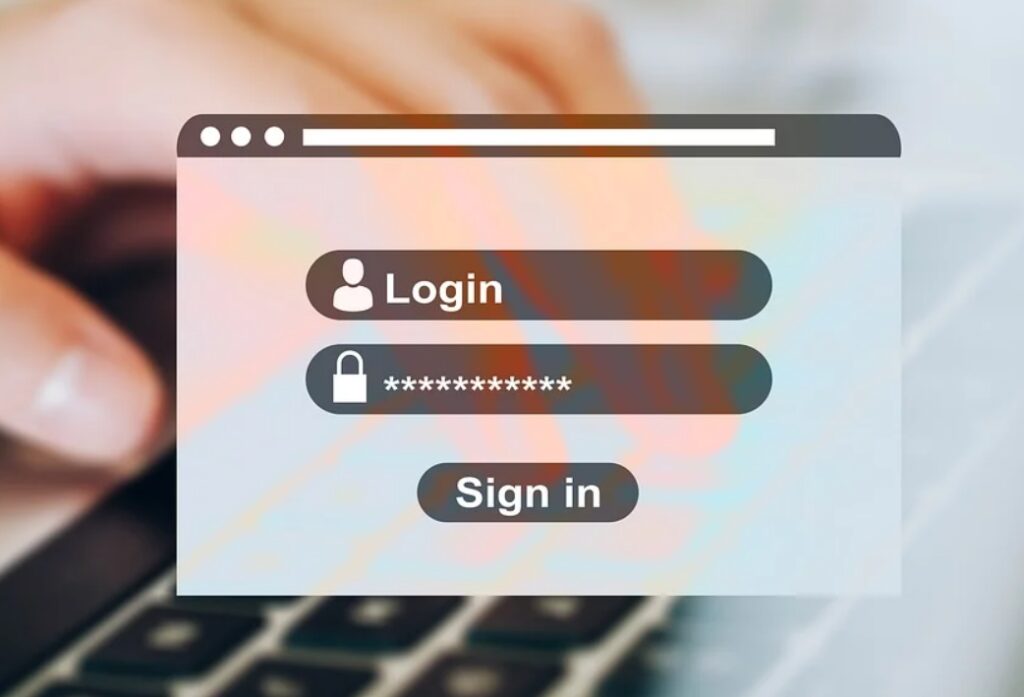
It all starts with how tight you secure your accounts. Every time you open an account for your credit card, bank, investment, or other financial accounts, they will always ask you to come up with a password as it’s your first line of protection against hackers and cybercriminals. Meanwhile, on their side, their main goal and responsibility are to provide their clients with the most up-to-date digital security technology to keep scammers and hackers out of sight.
However, even with their tightest and highest bank-level security, they would still have difficulty protecting your account if your password comes from your public information. For instance, many people use their birthdate or their wedding anniversary as their password, which is predictable for many hackers. What’s worst, many people use the same password for all the accounts they make, making it even easier for cybercriminals to hack all their accounts.
As much as possible, always come up with a unique, strong, and random password for every account you make. Never use the same password twice or thrice to avoid hackers from accessing all your accounts in case they get through one of them. If you suspect your account is hacked or leaked, change your password right away and visit this website to report your hack or scam situation.
2. Never Assume That All Links Are Genuine
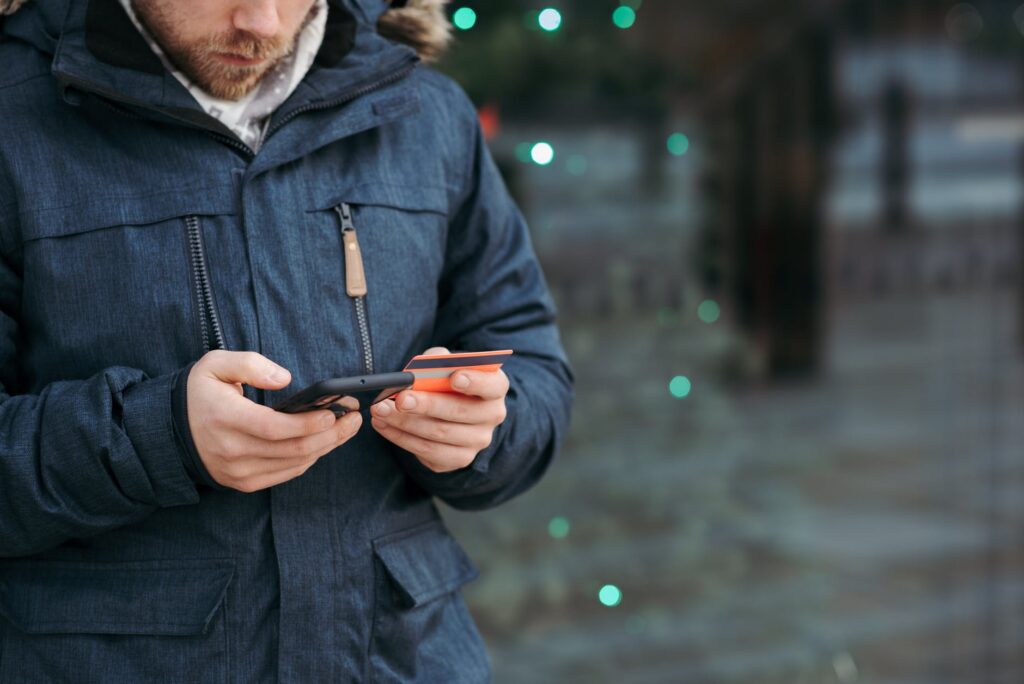
When you have to do money transactions online, make sure you manually type their website URL instead of just clicking the payment website or online bank from the internet. Furthermore, be wary of clicking links you receive from spam emails, social network sites, chat rooms, ads, and as well as links sent by people you barely or don’t even know. The thing is, many cybercriminals create links and disguise them like they’re real to lure people into clicking them.
Once a user clicks a fake or bad link, that website will install the malware in your phone or computer without your knowledge. Then, in a snap, they’ll have full control of your passwords and other sensitive information they may need to hack and retrieve your money. Overall, never assume that all links are real, especially if it comes from ads, random emails, or people you don’t know. And even if you do know the person sending the link, you still need to be wary, as you’ll never know if that person’s account is hacked or used without their consent.
3. Beware Of Fake Communications
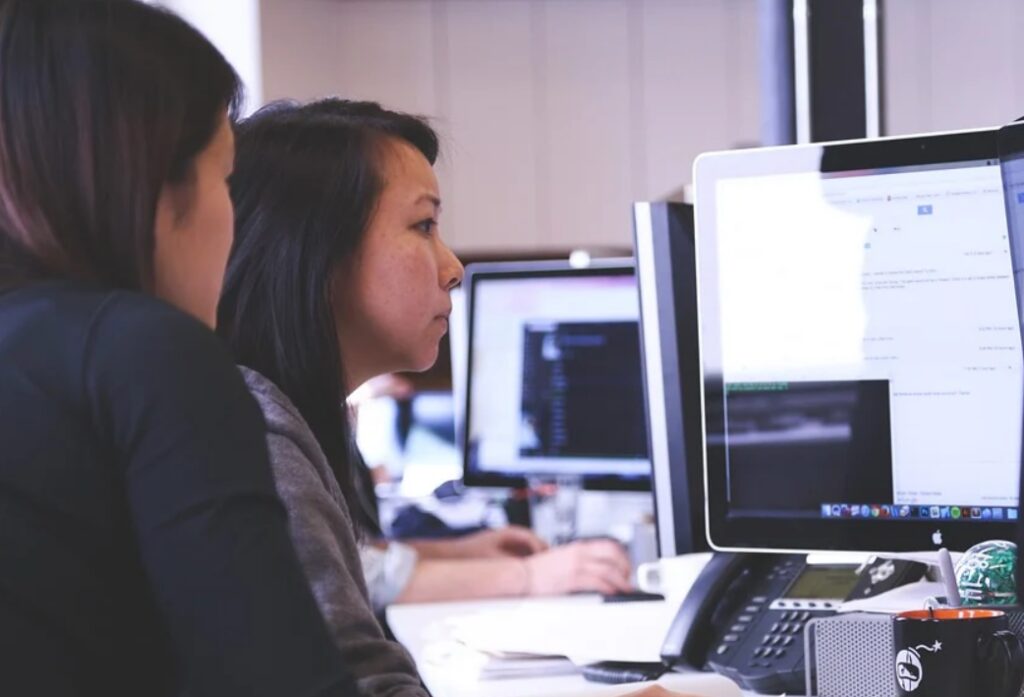
Be skeptical whenever your bank or financial organization sends you emails asking for your personal data or seeking your authorization. Most of the time, these banks will never ask for personal data and account authorization through emails. They will also send regular reminders to their clients to never trust websites asking for sensitive information while bearing their bank name.
4. Check The URL
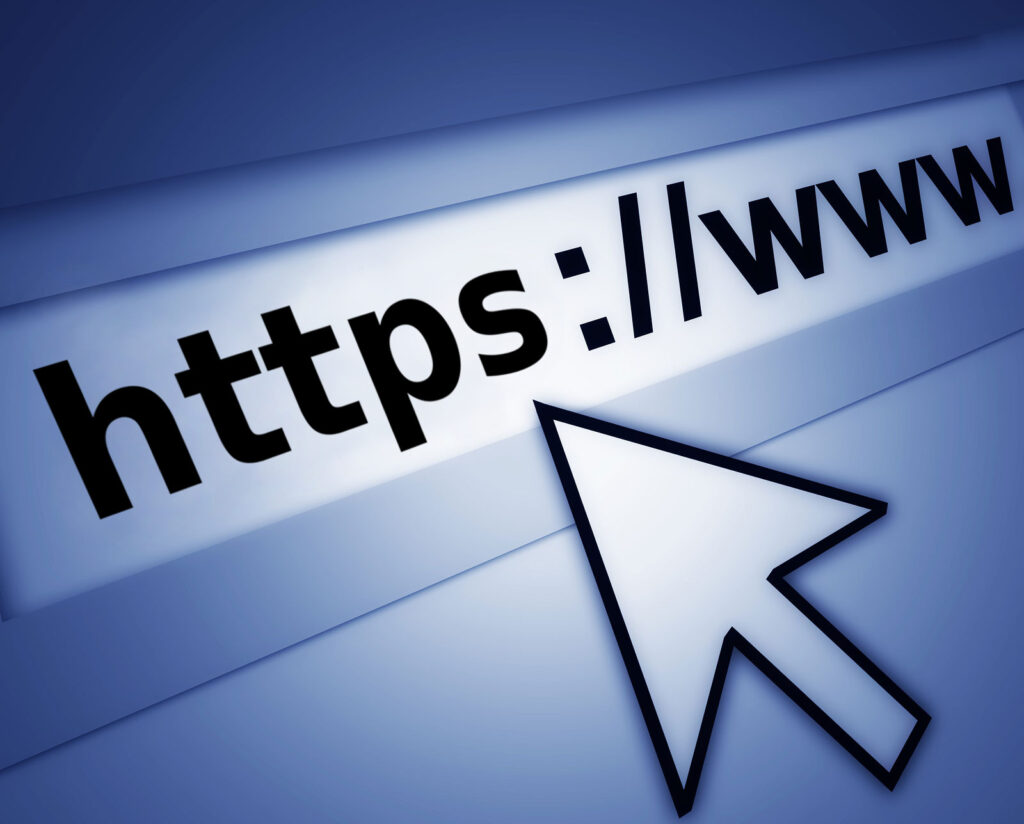
Every time you visit a website that will require you to enter confidential financial data (e.g., payment for online shopping), make sure to take your time in examining the URL and see if it corresponds to the site you intended to access. If you notice the URL is made up mostly of random numbers, and letters and your instinct tell you that it’s suspicious, then better be safe and don’t input your personal information.
Make sure you also use encryption whenever you input sensitive information on a particular URL. Most of the time, you can ensure an URL is secure if it starts with ‘HTTPS’ and the address bar have a small lock icon. You can click on the lock icon and check about the site’s SSL authentication certificate, wherein you’ll know when, who, and what period it was issued.
5. Use Your Own Internet Connection And Computer

If you need to access an online retailer or an online banking service, make sure you only use your computer and internet connection. You’ll never know if those public computers from airports, hotels, and internet cafes have various spyware programs running behind the scenes. These programs are made to record everything you encode on the keyboard, including your passwords.
Even if you have your laptop or computer, make sure you also avoid using a public Wi-Fi network or internet connection. Some cybercriminals could intercept these public internet networks and attack your laptop or computer when you connect to them. If you need to utilize public Wi-Fi for urgent transactions or payments, you can use a high-quality virtual private network (VPN) on your phone or laptop. A VPN will serve as your secure connection between your device and the public internet connection and make sure everything is encrypted.
6. Avoid Using Your Main Credit/Debit Card
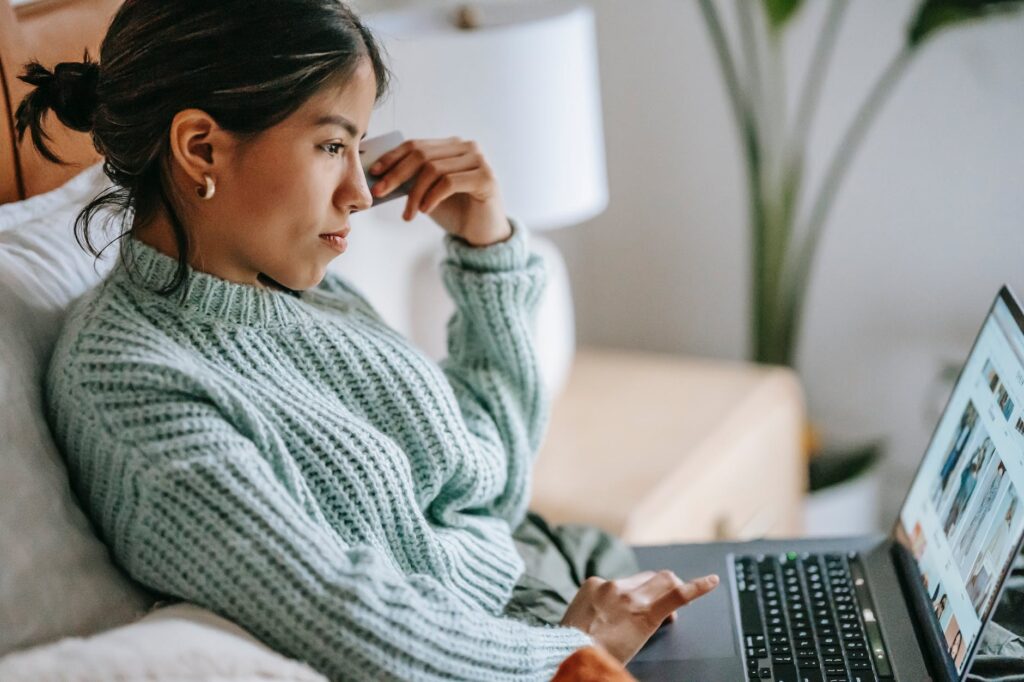
If you’re fond of making online purchases and online payments, it may be a good idea if you have a separate card for these online transactions. This way, if a cybercriminal hacks your card or you mistakenly input your card’s details on a bad link, this wouldn’t do any damage to your main credit/debit card where all your money is deposited.
As an additional tip, before finalizing your online purchases, it’s ideal that you take your time to read customer reviews and find out how trustworthy an online retailer is.
Learning from other people’s reviews and experiences could save you from possible hacking incidents.
7. Keep Your Devices Updated
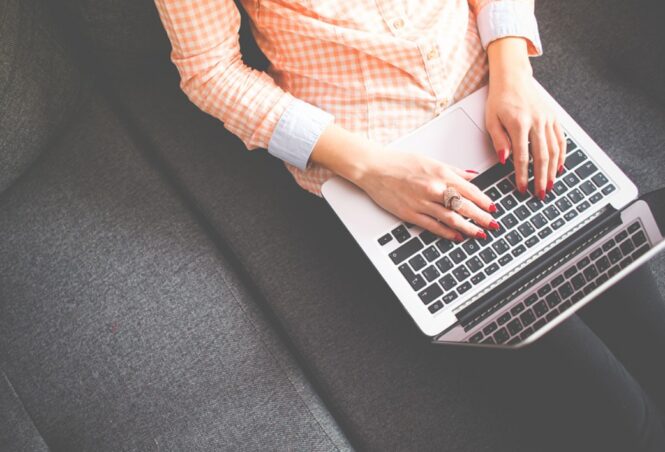
Many of you probably see a notification from your computer or phone telling you about an update available. As much as possible, update your devices right away as these updates have new features that will enhance the safety and protection of your devices. An updated device will also be less likely vulnerable and less targeted by malicious software attacks.
8. Use A Firewall Or Virus Scanner
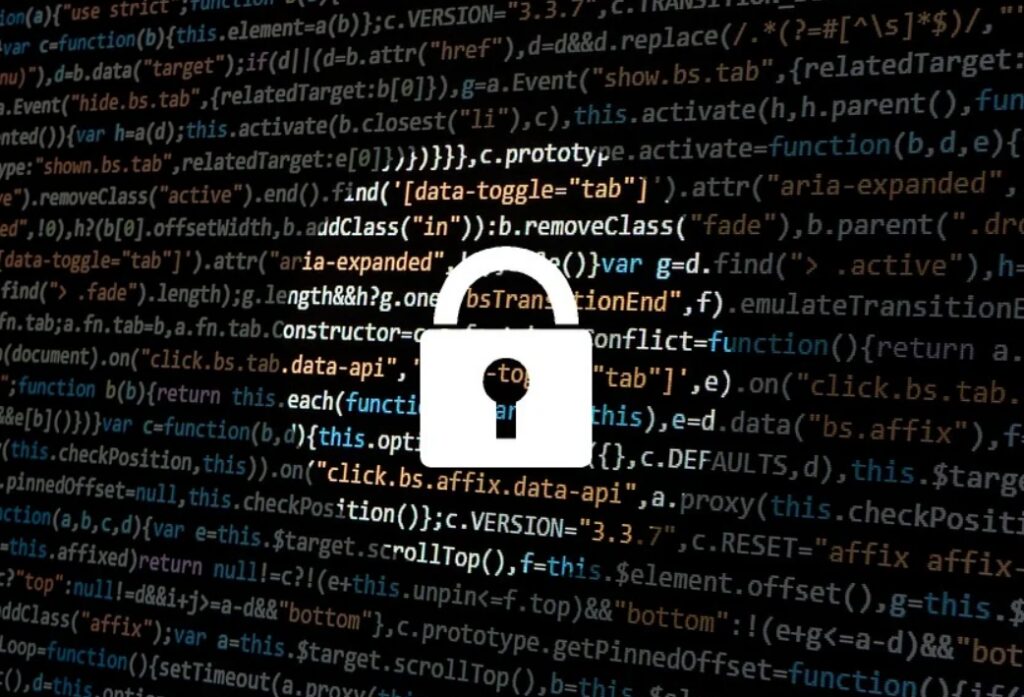
For additional security, consider using a reputable virus scanner and firewall program to keep your devices secure and safe from cyber threats and hackers. This is important, especially if you always use your devices to log into your bank accounts or transact payments for online shopping. You can also add an anti-malware solution to your devices to keep you safe from auto-installed malware programs.
Conclusion
Overall, the best person who can protect you against cyber threats and attacks is none other than you. Your banks or financial organizations put in a lot of effort to make your online finances secure. As a result, make sure you do your part in keeping your financial accounts safe by practicing these tips above.
 Imagup General Magazine 2024
Imagup General Magazine 2024



